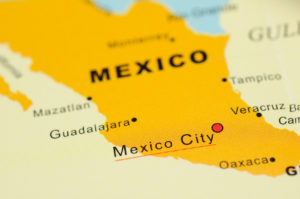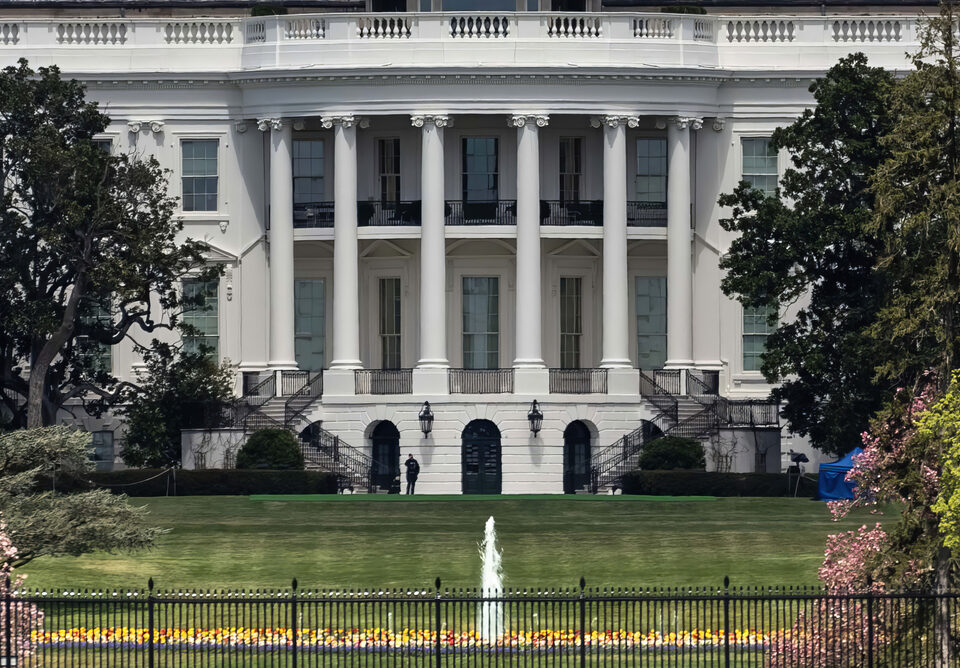Ruling in Arkansas Allows Birth Certificate Amendments
十二月 2, 2015On Appeal, Shepherd Declared Mother
十二月 7, 2015A heartfelt article written in Australia painted a clear picture of what Australian citizens hoping to have a child through surrogacy are experiencing. Sadly, commercial surrogacy is illegal there, forcing many individuals and couples yearning to become parents to seek surrogacy arrangements in other countries where there may be regulatory pitfalls, not to mention emotional ones, too.
The desire to be a parent is sometimes so strong that the “alarm bells” which go off are dismissed.
While the Sydney Morning Herald (SMH) highlights a couple who endured sadness and upheaval in their quest for a child through surrogacy in Mexico, the news also serves as a platform to promote awareness and dialogue.
Ming Yii told SMH that their Mexican surrogacy experience was filled with “…disappointment, frustration and incompetence from all parties.”
Reporters, Tim Barlass and Cosima Marriner, learned from the couple that their “embryo was destroyed,” and that communication between fertility clinics was so debauched that they were unsure if their surrogate was implanted with the correct embryo.
While altruistic surrogacy is allowed in NSW and Queensland, they write, commercial surrogacy is not. According to the reporters, NSW Attorney-General Gabrielle Upton may consider striking down this ban.
“Couples are now being forced to look even further afield for surrogates, after a number of popular ‘fertility tourism’ destinations in Asia, including India, Nepal, and Thailand, shut their doors to foreigners,” the reporters wrote. They continued, “Besides Mexico, would-be parents are looking into commercial surrogacy in Ukraine, Georgia, Greece and Bulgaria.”
What attracts intended parents to countries such as India, Nepal, Mexico, Thailand – and now Cambodia are the relatively low prices for surrogacy. However, often overlooked are travel expenses and other costs, when surrogacy arrangements go awry, which can invariably make an earlier estimate skyrocket.
While surrogacy in the United States initially seems more costly, it typically comes with peace of mind. Intended parents who choose surrogate friendly states such as California can receive a court order establishing their legal parentage to any children born pursuant to the surrogacy agreement. Even intended parents using donor gametes are able to obtain such pre-birth parentage orders in California. In the process the surrogate is released of any parental rights or obligations.
Additionally, surrogates are medically screened, have had a psychological evaluation, are provided life insurance by the intended parents in return for assuming the risk of pregnancy, and have typically already given birth to a healthy child of their own.
Yii, who spoke to reporters, indicated that he questioned whether surrogates available in Mexico were adequately screened. Also, along with the error in freezing their embryo that resulted in its destruction, the embryo transfer to the surrogate was not successful.
“In some ways we are glad this devastating experience is over, for us and also for the surrogate mother who didn’t fall pregnant,” he said. “We were given assurance by our Australian lawyer who did due diligence on a number of clinics that the one we were to use was ‘the most professional and ethical clinic with the most experience in Mexico.’ Clearly the best in Mexico has failed.”
In Mexico there is “no regulation” of surrogacy, so intended parents must proceed with caution as “it is very much a case of buyer beware.”
Yii’s candidness about his experiences in Mexico may very well deter other future parents from following the same heartbreaking path.
“I have lost confidence in the ability of the surrogacy agency in Mexico to manage a professional and ethical surrogacy program. This is not limited to one or two agencies or clinics but experience from other intended parents it seems to be epidemic across Mexico,” he said.



